Passive Resistance and the War Who is to blame for Europe's conflict? A steadfast foe of British imperialism speaks from the heart. 1939 - Recently I have been asked these questions: Is your personal attitude toward the European war consistent with your belief in nonviolence? Is it the same as, or does it differ from, your attitude toward the last war? What is your concrete plan, based on the policy of nonviolence for opposing or ending this war?
In answer, let me say first that my aim is, not to be consistent with any previous statements I have made on a given question, but to be consistent with truth as it may present itself to me at a given moment. The result has been that I have grown from truth to truth, besides having saved my memory an undue strain. What is more, whenever I have been obliged to compare my writings of even fifty years ago with those of yesterday, I have discovered no inconsistencies between the two. A friend of mine wrote the other day, more in anguish than in anger: "In the not improbable event of India being made a theater of war, is Gandhiji prepared to advise his countrymen to bare their breasts to the enemy's swords? A little while ago I would have pledged my word that he would do so, but I am not confident any more." I can only assure him that he can retain his confidence: I would give the same advice, the same that I gave to the Czechs and the Abyssinians. For my nonviolence is made of stern stuff. It is firmer than the firmest metal known to the scientists. This is not said in arrogance but in the certain knowledge of its power. My personal reaction toward this war is one of greater horror than ever before. This greater horror would prevent me today from becoming the self-appointed recruiting sergeant that I became during the last war. And yet, strange as it may appear, my sympathies are wholly with the Allies. Willy-nilly, this war is resolving itself into one between such democracy as the West has evolved and totalitarianism as it is typified in Herr Hitler. Though the part that Russia is playing is painful, let us hope that the unnatural combination will result in a happy though unintended fusion whose shape no one can foretell. Unless the Allies suffer demoralization, of which so far there is not the slightest indication, this war may be used to end all wars, at any rate of the virulent type that we see today. I have the hope that India, distraught though it is with internal dissensions, will play an effective part in ensuring this desired end and the spread of a cleaner democracy than we have known hitherto. I have no ready-made concrete plan for opposing or ending this war. But I have no choice as to the means. The means must always be nonviolent. The foundation of the first Civil Resistance, under the then known name of Passive Resistance, was laid by accident at a meeting of Indians in Johannesburg, South Africa, in 1906, a meeting convened for the purpose of finding means of combating the anti-Asiatic measure of those days. I had gone to the meeting with no preconceived resolution. The idea of Passive Resistance was born at the meeting, and the creation is still expanding. Assuming that God had endowed me with full powers (which He never does), I would at once ask the English to lay down their arms, free all their vassals, take pride in being called " Little Englanders," and defy all the totalitarians of the world to do their worst. Englishmen would then die unresistingly, and they would go down in history as heroes of nonviolence. Furthermore, I would invite Indians to co-operate with Englishmen in this godly martyrdom. It would be an indissoluble partnership drawn up in letters of the blood of their own bodies, not of the blood of their so-called enemies. But I have no such general power. Nonviolence is a plant of slow growth. It grows imperceptibly but surely. And, even at the risk of being misunderstood, I must act in obedience to the " still small voice." No one, I think, has described English misdeeds more forcibly, subject to truth, than I have. No one has resisted England more effectively, perhaps, than have I. And my desire for resistance and my power of resistance remain unabated. But it must not be forgotten that there are seasons for speech and action, as there are seasons for silence and inaction. In the dictionary of the passive resister there is no enemy. A passive resister loves his so-called enemy as his friend. He will not admit that he has an enemy. As a believer in nonviolence, I must wish well to England. My wishes l'egarding Germany were, and still are, irrelevant. But, as I have said, I would not care to erect the freedom of my country on the remains of a despoiled Germany. Herr Hitler stands in no need of my sympathy. In assessing their present merits, the past misdeeds of England and the past good deeds of Germany are irrelevant. Rightly or wrongly, and irrespective of what the other Powers have done before under similar circumstances, I have come to the conclusion that Herr Hitler is responsible for the war. I do not judge his claim. It is highly probable that his right to incorporate Danzig in Germany was beyond question, if the Danzig Germans desired to give up their independent status. It may be that his claim to appropriate the Polish Corridor was a just claim. My complaint is that he would not let the claim be examined by an independent tribunal. It is no answer to the rejection of the appeal for submission to arbitration that it came from interested quarters. Even a thief may conceivably make a just appeal to his fellow thief. I think I am right in saying that the whole world was anxious that Herr Hitler would allow his demands to be examined by a tribunal. If he succeeds in his designs, his success will be no proof of the justness of his claim. It will merely be proof that the law of the jungle is still a great force in human affairs. It will be one more proof that though we humans have changed the form we have not changed the manners of the beast. I hope it is now clear that my sympathy for France and England is not a result of momentary emotion or, in cruder language, of hysteria. It is derived from the never dying fountain of nonviolence which my breast has nursed for fifty years. I claim no infallibility for my judgment. All I claim is that my sympathy for England and- France is reasoned. I invite those who accept the premises on which my sympathy is based to join me. What shape it should take is another matter. Alone, I can but pray. |
۱۳۸۹ مرداد ۱۷, یکشنبه
Passive Resistance and the War Who is to blame for Europe's conflict? A steadfast foe of British imperialism speaks by Mahatma Gandhi from t
اشتراک در:
نظرات پیام (Atom)

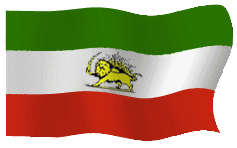

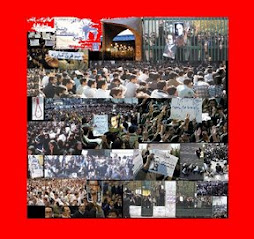

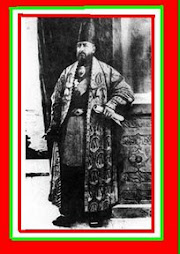



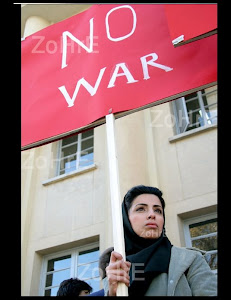
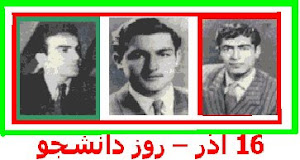
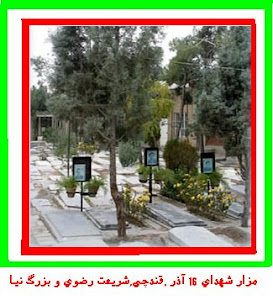


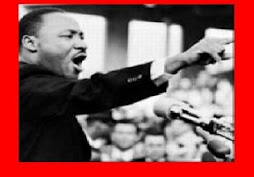
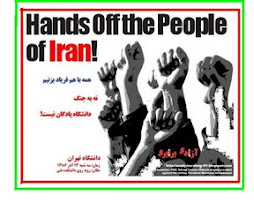




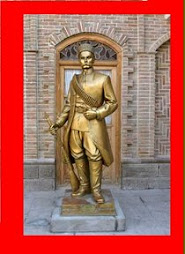
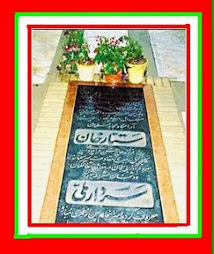

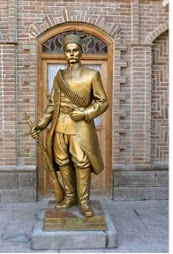
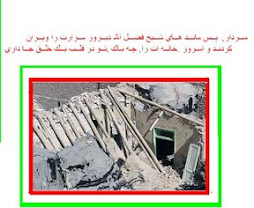
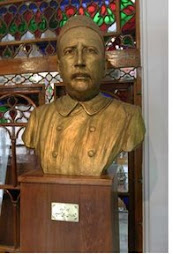
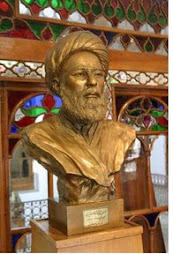
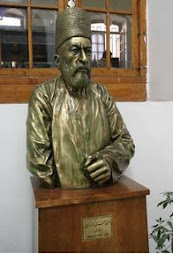
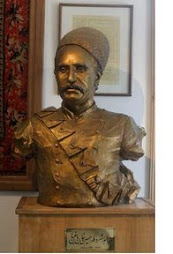

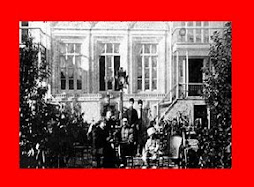

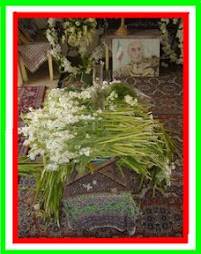


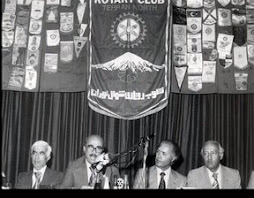

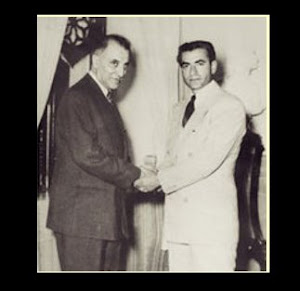
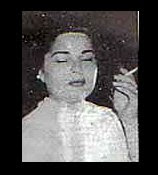
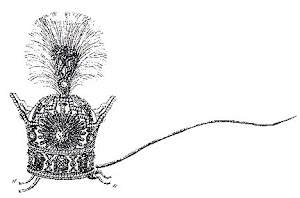
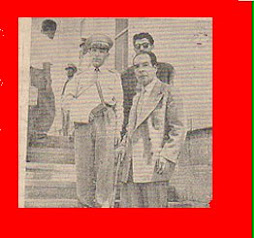
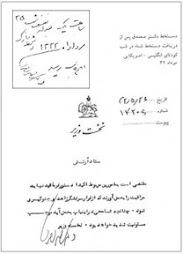





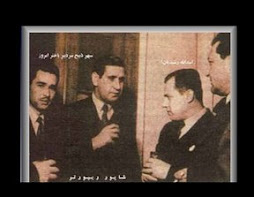
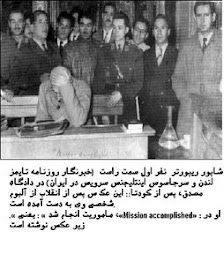



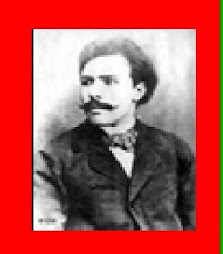
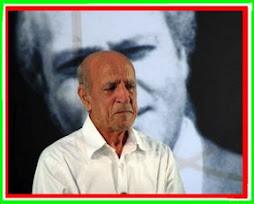
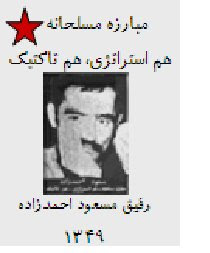
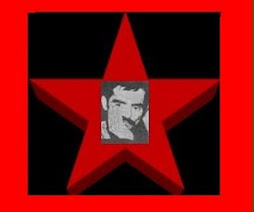
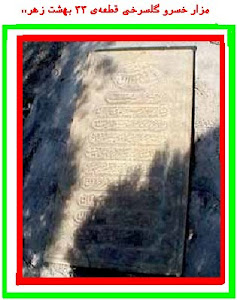


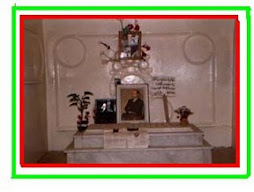
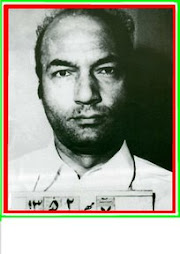
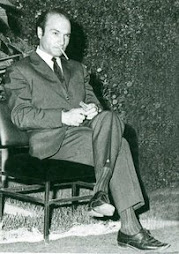

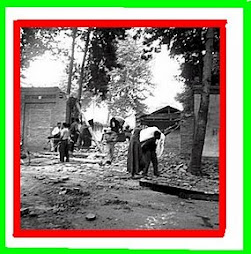
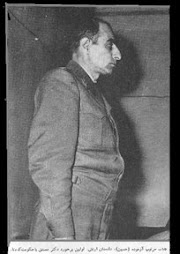
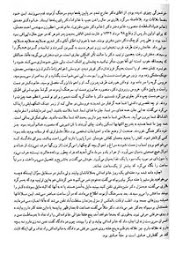
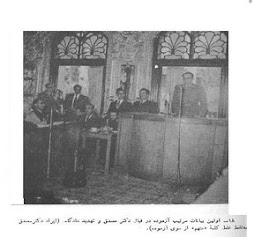

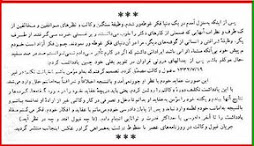
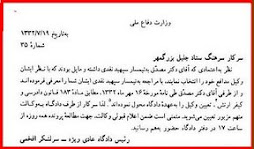

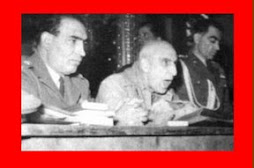
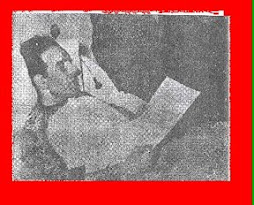
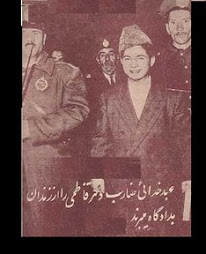

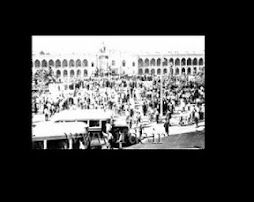
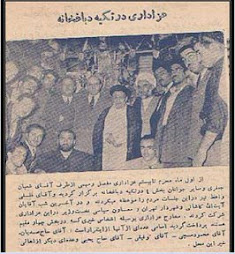



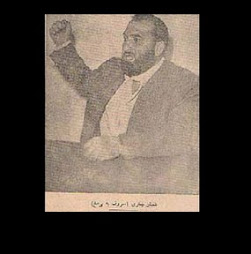
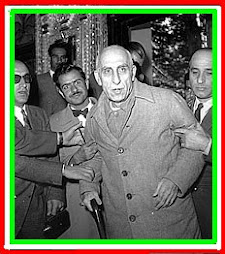
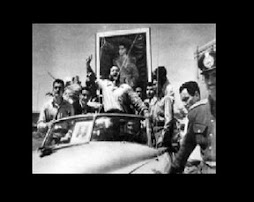
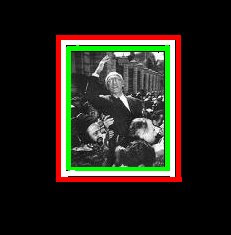
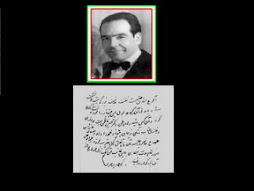
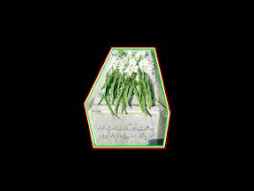

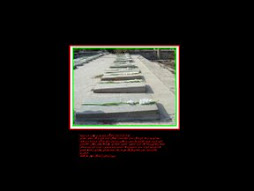
هیچ نظری موجود نیست:
ارسال یک نظر